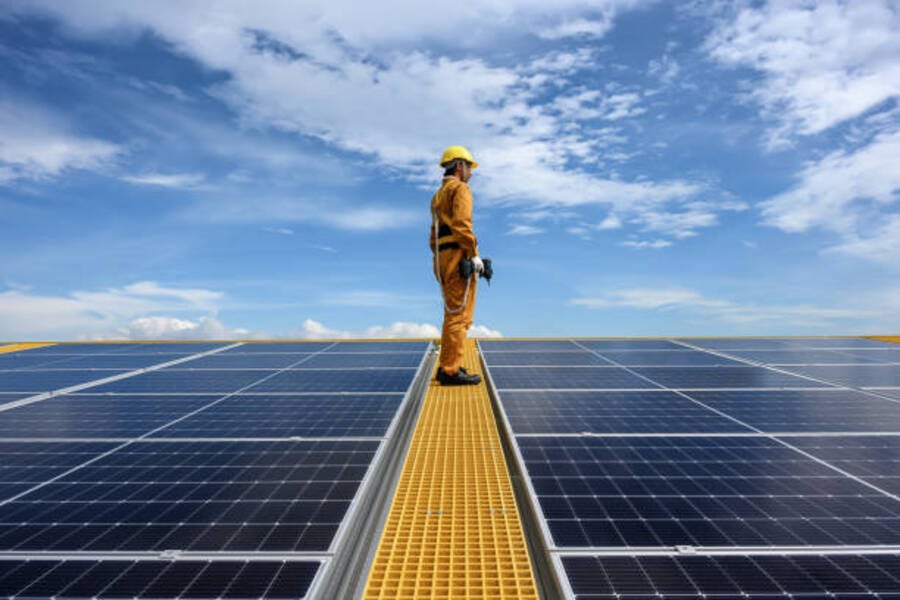What are Soft Solar Panels?
Soft solar panels, also known as flexible solar panels, are a modern innovation in the field of solar energy. Unlike traditional rigid solar panels, these panels are made of flexible materials that can bend and curve to conform to various surfaces. This flexibility opens up a world of possibilities for solar panel installation, making them ideal for a variety of applications.
The Benefits of Soft Solar Panels
Soft solar panels offer several advantages over traditional rigid panels. Their flexibility allows for easy installation on surfaces that are not flat or have limited space. They are lightweight, making them easier to transport and install. Additionally, they are more durable and resistant to damage from impact or harsh weather conditions.
Applications of Soft Solar Panels
Soft solar panels can be used in a wide range of applications, from residential to commercial to industrial. They are commonly used in RVs, boats, and camping setups where space is limited. They can also be integrated into building materials such as roofs or facades, providing a dual purpose of generating electricity and serving as a structural element.
Efficiency and Performance
Despite their flexibility, soft solar panels are just as efficient as rigid panels in converting sunlight into electricity. Advances in technology have made them more efficient over the years, with some models boasting high conversion rates. Their performance is not compromised by their flexibility, making them a reliable source of renewable energy.
Cost-Effectiveness
Soft solar panels are a cost-effective option for those looking to invest in solar energy. Their lightweight and flexible design reduce the installation costs associated with traditional panels. Additionally, their durability and long lifespan make them a wise investment that pays off in the long run through energy savings.
Environmental Impact
Soft solar panels are a sustainable energy solution that has a minimal impact on the environment. By harnessing the power of the sun, they produce clean electricity without producing greenhouse gas emissions or other pollutants. This helps reduce our reliance on fossil fuels and mitigates climate change.
Flexibility in Design
The flexible nature of soft solar panels opens up a world of possibilities in terms of design and aesthetics. They can be integrated seamlessly into various structures without the need for bulky frames or mounting systems. This allows for creative and innovative solar installations that blend in with their surroundings.
Maintenance and Durability
Soft solar panels require minimal maintenance due to their durable construction. They are designed to withstand the elements and can last for decades with proper care. Regular cleaning and occasional inspections are all that is needed to keep them functioning optimally and generating electricity efficiently.
Future Prospects and Innovation
As technology continues to advance, the future of soft solar panels looks promising. Researchers are constantly working on improving efficiency, durability, and cost-effectiveness. The integration of new materials and manufacturing processes could further enhance the performance of these panels, paving the way for even wider adoption.
Conclusion
In conclusion, soft solar panels are a versatile and efficient alternative to traditional rigid panels. Their flexibility, durability, and cost-effectiveness make them an attractive option for a wide range of applications. As the demand for renewable energy continues to grow, soft solar panels are poised to play a significant role in shaping the future of solar energy.
Quote Inquiry
Contact Us

